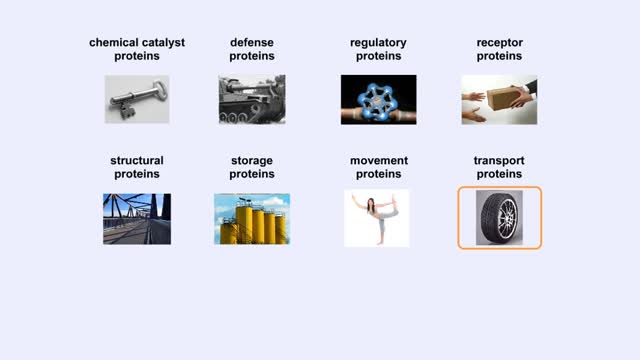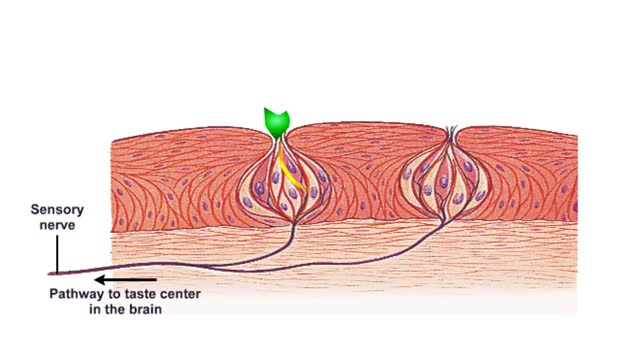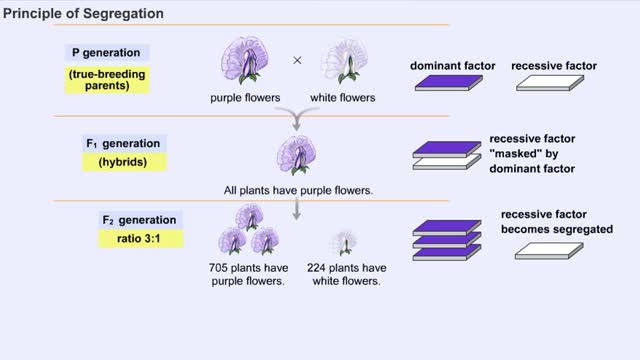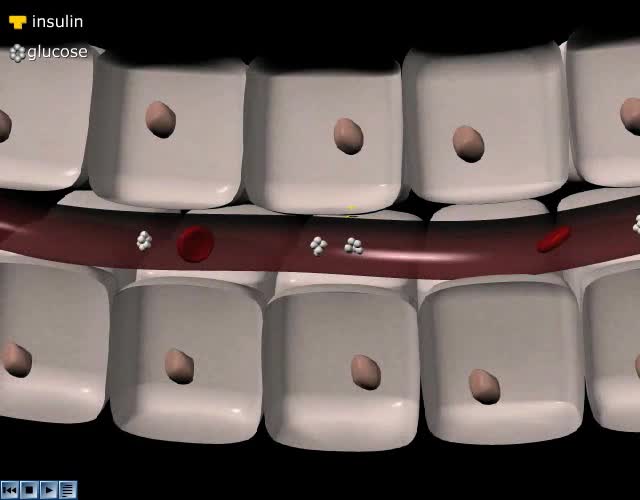Search Results
Results for: 'Factors that affect hydrogen bonds'
How proteins function? How do proteins work?
By: HWC, Views: 10975
How proteins function is really about how proteins "do work" in cells. How do proteins work? Let's start thinking about protein function by looking at something important to you: your hair. Keratin is a structural protein that is composed of 2 intertwined or helical strands. Keratin is also f...
Attention Deficit Disorder (ADD)
By: Administrator, Views: 14574
Attention deficit hyperactivity disorder (ADHD) is a mental disorder of the neurodevelopmental type. It is characterized by difficulty paying attention, excessive activity, and behavior without regards to consequences which is not appropriate for a person's age. There are also often problems with...
By: Administrator, Views: 15526
Parkinson's disease (PD) is a long-term degenerative disorder of the central nervous system that mainly affects the motor system. As the disease worsens, non-motor symptoms become increasingly common. The symptoms generally come on slowly over time. Early in the disease, the most obvious are shak...
What are Taste Receptors? How Does it Work? Animation
By: HWC, Views: 8202
Do you ever wonder how you can taste the foods you eat? It all starts with taste receptors in your muscular tongue. Taste receptor neurons are found in your taste buds but you are not looking at the taste buds. The raised bumps on the surface of the tongue that you see are specialized epith...
Mendel's Principles of Dominance, Segregation and Independent Assortment
By: HWC, Views: 11016
Mendel selected true-breeding parents with contrasting traits, for example, purple and white flower color, and performed reciprocal crosses by choosing pollen from one parent and hand pollinating the seed-forming parent with this pollen. A cross-fertilization resulted from this procedure. In t...
By: Administrator, Views: 15994
Hyperglycemia means high (hyper) glucose (gly) in the blood (emia). Your body needs glucose to properly function. Your cells rely on glucose for energy. Hyperglycemia is a defining characteristic of diabetes—when the blood glucose level is too high because the body isn't properly using or doesn...
Advertisement








